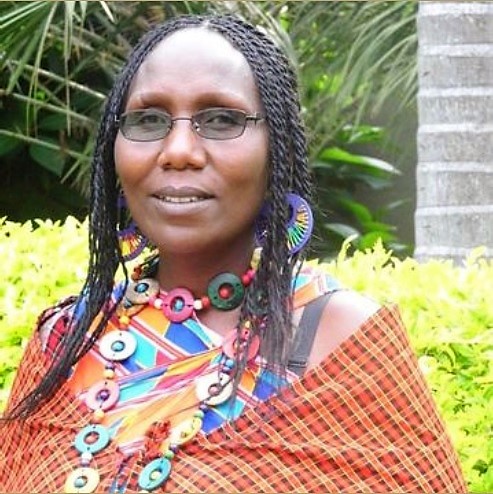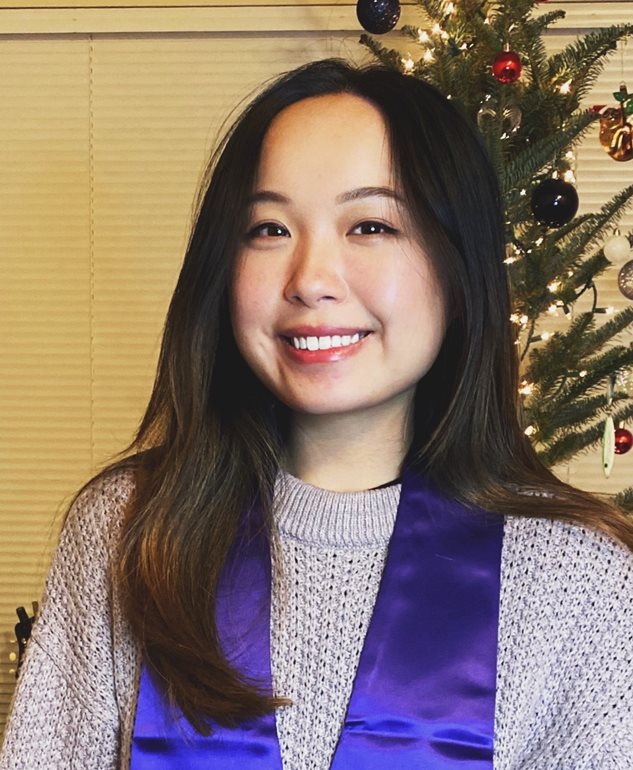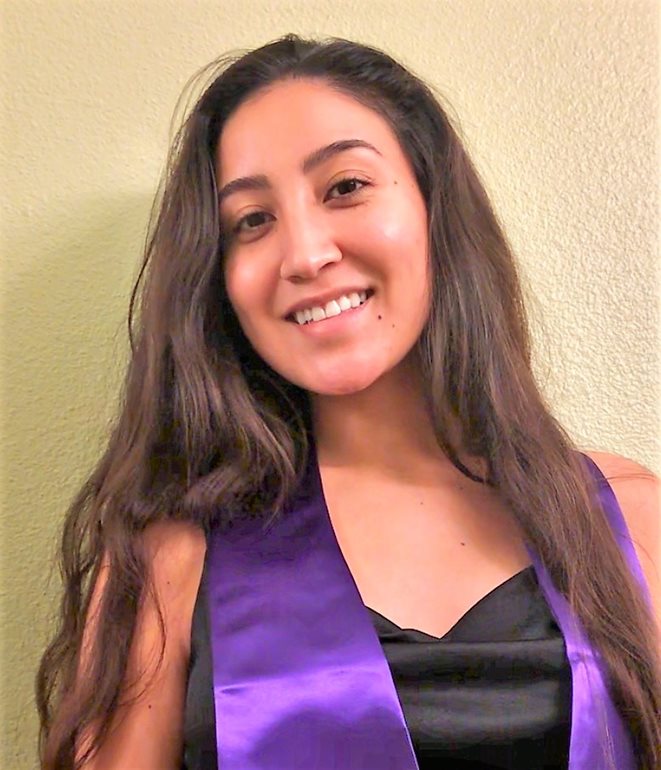
Isolated at home by the pandemic, members of the University of Washington Bothell’s 2020 Global Scholars cohort said they nonetheless had a meaningful experience of global engagement. Through an inspiring book, deep discussions and remote projects with partners in different countries, they also experienced personal growth and community building.
The 13 students were only the second cohort of the Global Scholars program. It was launched by two faculty members in the School of Interdisciplinary Arts & Sciences, Associate Professor Ben Gardner and Professor Ron Krabill, along with Global Initiatives Director Natalia Dyba and Eva Navarijo, director of undergraduate advising for IAS. There were 15 students in the first cohort in 2019.
The year-long program invites students from diverse backgrounds — particularly first-generation students — to explore the history and politics of global engagement. As a cohort, the students become comfortable with thought-provoking discussions about culture, identity and race. That was especially true during the pandemic, students said.
Cohort comrades
The cohort came together in winter quarter 2020. Fortunately, the students were able to meet in person and establish relationships before the coronavirus hit and the campus moved into remote instruction, Gardner said. The year then changed rapidly and radically. The focus shifted from physical travel to more in-depth thinking about ethics, history and transnational experiences.
“Maybe the community aspect became more important because we were going through this together,” said Gardner, one of the Global Studies faculty coordinators. “It’s been both a deeply intellectual and personal experience.”
Krabill said the work of this cohort is a significant accomplishment for students who can be proud of the Global Scholar stole they may wear at Commencement.
For her part, Dyba said the course shifted her thinking about global education. “It brought to light for me how powerful learning can be without going anywhere,” she said. “And I understand the impact on students of well-facilitated, vulnerable conversations that can really deepen learning.”
As planned
The Global Scholars program is designed to start with winter quarter workshops where students sort through study abroad options. In the spring, they begin the academic exploration of global citizenship in a course where they read the book, “Beyond Guilt Trips: Mindful travel in an unequal world” by Anu Taranath, a teaching professor in the UW Department of English and the Comparative History of Ideas program. The summer is when students have a global experience, often in the form of study abroad. In autumn, the final course in the program sequence integrates all the experiences through student reflections.
Study abroad is not a required part of the program. Participants also can engage in internships with a global focus, whether located in the United States or abroad.
For the third cohort starting now in winter quarter 2021, organizers and students have the immediate challenge of coming together remotely while pandemic restrictions are still in effect, Dyba said. Even if travel resumes next summer for a few students, the experience for many will remain virtual.
New connections

Last autumn, students in the 2020 cohort teleconferenced once a week together and once a week in small groups or with international partners. The partners are part of the Global Reciprocity Project, a longer-term collaboration created by Gardner, Krabill and Taranath. Student teams teleconferenced on topics that included “The Transnational Dynamics of Migration in India and Beyond,” “Women’s Rights and Leadership in Tanzania” and “Mexico’s Response to COVID-19 and Healthcare Inequalities.”
In addition to Gardner, Krabill, Dyba and Navarijo, the course was also supported this year by Sarah Ramirez, a member of the first cohort and a senior double majoring in American & Ethnic Studies and in Law, Economics & Public Policy.
In their final class of the quarter, students shared their reflections. They were unanimous in saying they had a meaningful experience through their journal reflections, discussion posts and class activities. Many students said it was the first class in college where they were able to make themselves vulnerable and embrace the discomfort of difficult conversations.
Issues intertwine

Tien Le, a senior in Biology with a minor in Health Studies, partnered with Maanda Ngoitiko, founder of the Pastoral Women’s Council, which promotes education, economic development and women in leadership in Tanzania. Le helped create a template for case studies, also contributing her sketches of some of the women.
In class discussions, social justice and personal issues intertwined, Le said.
“I remembered hearing folks opening up about their personal struggles with how they view themselves or how uncomfortable they feel sometimes being viewed by others as a ‘stereotype’ instead of a unique individual,” Le said. “Global Scholars provided a space where others and I felt safe doing so.”

Exie Romero, a junior majoring in American & Ethnic Studies, said the course was surprisingly nurturing.
“The sense of community and friendship that we built over the year played a huge role in how in-depth we were able to take uncomfortable and tough conversations,” Romero said.
“So often, we don’t think about how our rapidly globalizing world is affecting others. Or, we aren’t pushed to examine our inner prejudices or privileges, whether we’re here or whether we’re abroad.”
As she realized she “was blind to how locked-in I was to my own perspective,” Romero said, she gained a broader perspective and was able to work on “unraveling what I didn’t know was raveled.”



